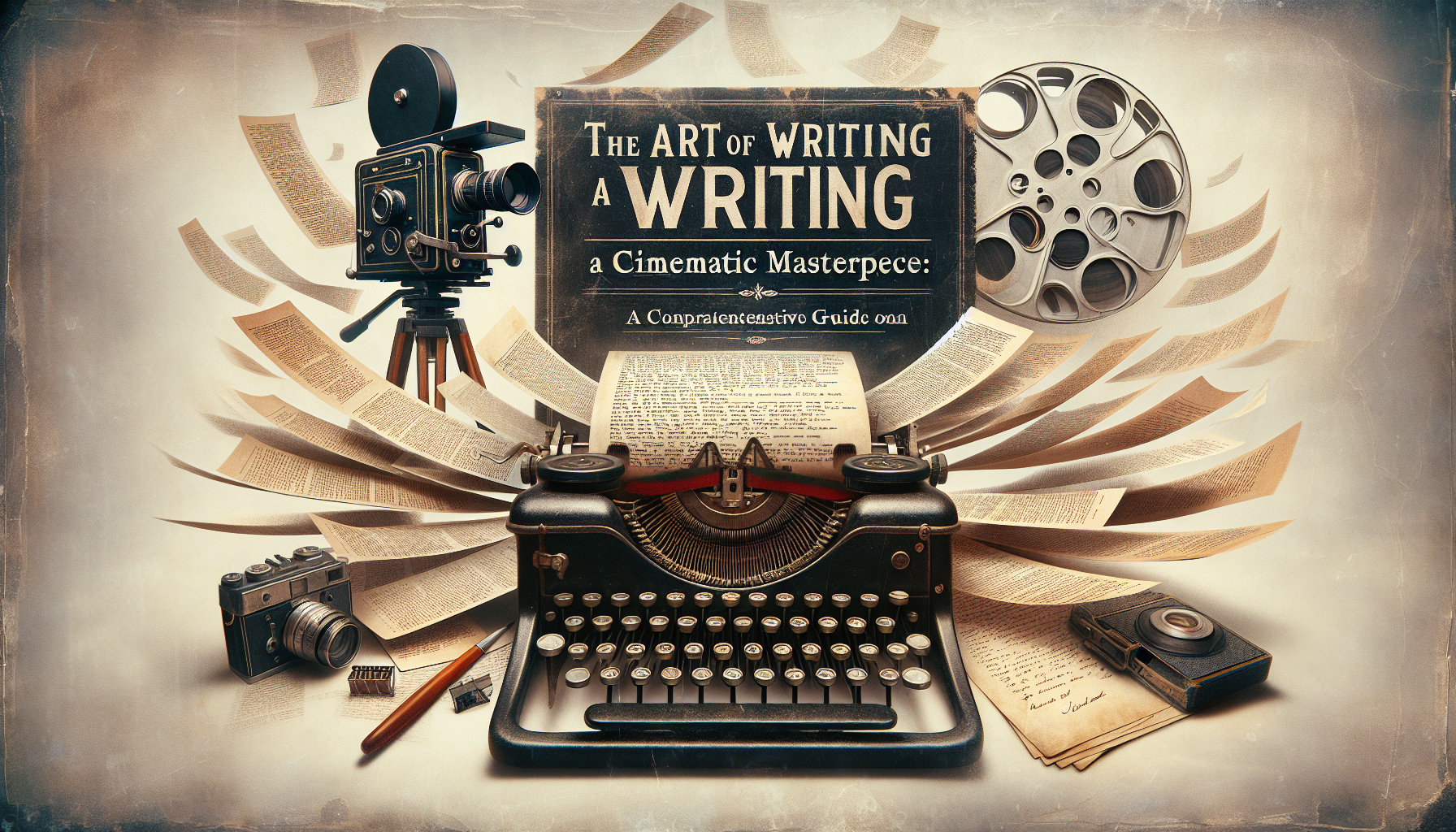Movie scripts, often overlooked, play an integral role in the production of stellar, thought-provoking films that captivate audiences’ hearts. They are the skeletal framework upon which the flesh and blood of visual storytelling form. Writing a fantastic script that produces a cinematic masterpiece requires more than a rudimentary understanding of storytelling—it demands artistry, meticulousness and a unique perspective on the human condition.
The most fundamental tenet of writing a remarkable movie script is to tell a good story. The heart of a film lies in its narrative, the story that resonates with audiences, provoking emotions and thought. To yield a gripping story, the script writer should invest in robust character development. Characters should be layered, dynamic and engaging—crafted with their own stories, aspirations, conflicts and arcs that enable them to change over time.
In a script, good dialogue is instrumental, supplementing the portrayal of characters, revealing their inner thoughts, expressions, and emotions to the audience. A well-articulated dialogue sets the tone of characters, strengthens the thematic focus and enhances the overall aesthetic of the film.
Beyond dialogue and character development, a solid script structure is the foundation of a seamless plot. The most common template is the three-act structure, encompassing the setup, confrontation, and resolution. However, depending on the style and genre, writers may break away from this conventional format while ensuring logical progression.
Pacing is another critical aspect to consider while penning down a script. It influences the audience’s engagement with the unfolding narrative, contributing to the ebb and flow of dramatic tension. Carefully manipulated pacing quickens the pulse during high-stakes scenes and slows down to allow the audience a breather.
The art of scriptwriting extends beyond the blank page. Incorporating visual storytelling is critical to transport the audience into the film’s reality. Descriptive visualization brings to life places, characters, moods, and actions, serving as a guide for directors, actors, and cinematographers involved in the filmmaking process.
An essential but sometimes overlooked aspect of writing a film script is incorporating the theme. Although a motif often subtly woven, it is the undercurrent that propels the narrative forward—the philosophical perspective that sophistically persistent throughout the film, eliciting contemplation and discourse from viewers.
Remember, every story has been told, but what sets apart a cinematic masterpiece from the sea of films is the freshness of perspective and uniqueness of voice brought in by the scriptwriter. The uniqueness of voice, a subtle signature of individuality a writer imparts, enhances the connection between the audience and the narrative, making the film more relatable and memorable.
Moreover, cultivating the habit of receiving and incorporating feedback is a steppingstone for scriptwriters to grow and improve their craft. The discerning eyes and ears of a diverse range of individuals can facilitate a more incisive perspective on the strengths and weaknesses of a script. Honest, constructive criticism offers opportunities to revise, refine, and produce a well-rounded script.
Finally, writing a movie script should stem from an inherent passion for storytelling and relentless dedication. Though fraught with challenges, the ultimate reward is a lasting sense of fulfillment that emanates when your imagination metamorphoses into a visual spectacle.
Crafting a movie script that translates into a cinematic masterpiece is a uniquely inspiring journey that combines creativity, craft, and courage in equal measure. It entails meticulous character development, engaging dialogue, solid plot structure, judicious pacing, visual storytelling, thematic underpinnings, unique perspective, open-mindedness, and an enduring passion for narrating a spellbinding story. Therefore, to master the art of scriptwriting is to weave a universe with words, ultimately leading to the creation of compelling tales that capture the essence of humanity.
So, whether you are a seasoned script writer or an aspiring one, this comprehensive guide can help you master the art of writing a movie script that has the potential to become a cinematic masterpiece.


